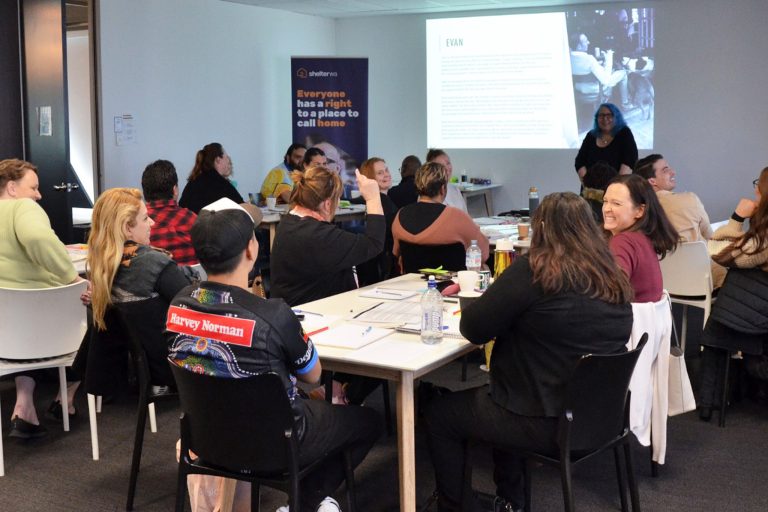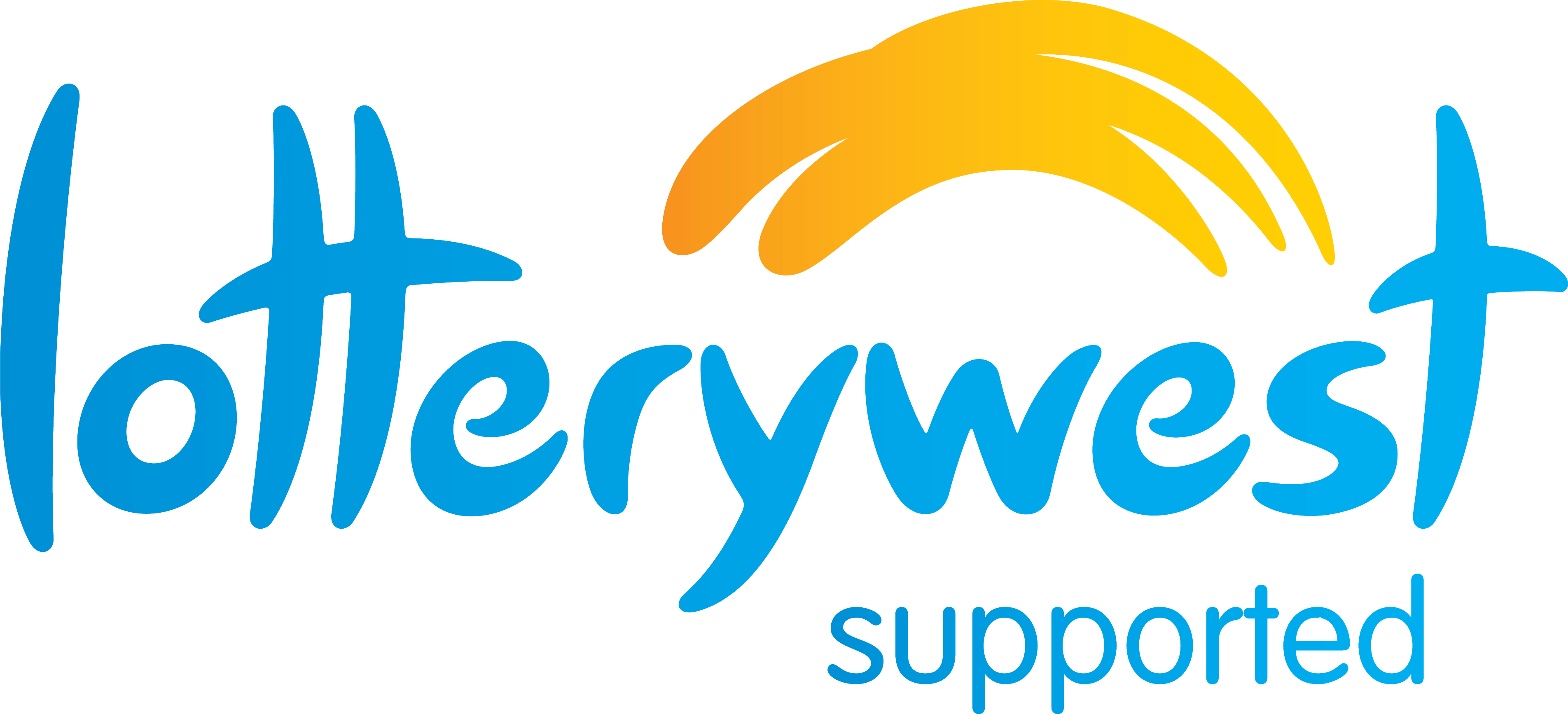[ad_1]
Peak housing and homelessness body Shelter WA is extremely concerned about a new wave of homelessness with the ending of the moratorium on evictions and rent increases.
“In the last number of weeks, the volume of calls for assistance to services has increased by renters facing evictions or rent increases. Their stories are heartbreaking, and they are, fearful and incredibly stressed about where they will live,” said Michelle Mackenzie, CEO of Shelter WA.
“Service providers are struggling to find affordable housing options across metropolitan and regional Western Australia, and without good, viable housing alternatives service are concerned that people will have nowhere to live.”
“We need a suite of short, medium and long strategies to address the current rental crisis. Fundamentally we need government to work in partnership with our sector to ensure people are supported to stay in their homes, whilst increasing diverse social and affordable housing options over the medium and long term,” Ms Mackenzie said.
Shelter WA, in partnership with the Real Estate Institute of WA (REIWA) have convened an Emergency Roundtable this week with to hear the impact of the moratorium on landlords and renters, and to identify immediate actions to recommend to government to mitigate the impact of rental crisis on Western Australians.
Shelter WA has identified three priority areas for urgent consideration.
1. Keep people in their homes
Ensuring services have adequate funding to support renters in crisis, and providing adequate resources to the Residential Relief Grant Scheme.
2. Ensure People have a Home
Urgently audit options for emergency accommodation including government-owned buildings along with hotels and hostels.
Immediately increase supply of affordable rental by spot purchasing vacant homes, and urgently investigating government-owned land and buildings, vacant commercial buildings, and fast-build modular housing as options to deliver new supply rapidly.
Invest in new social and affordable housing supply to deliver 18,000 new homes over the next four years in partnership with the community housing sector.
3. Accelerate the review of the Residential Tenancies Act
Implement new rental laws to make renting a more secure, affordable and longer-term housing option and to make current tenancy laws fairer.
“Without a doubt the biggest issue facing WA over the next term of government is the social and affordable housing crisis and we look forward working with the new Ministers for Housing and Commerce on solutions to address this issue,” Ms Mackenzie said. “Housing is critical social infrastructure and fundamental to our State’s economic productivity and growth.”
Shelter WA has received an overwhelming number of stories from renters who are feeling powerless and scared, and CEO Michelle Mackenzie has promised to share every story they receive with the new Ministers.
Case studies shared on condition of anonymity include:
- “My family of five have been renting for five years and the landlord has put the rent up 18% from $450 to $530. We feel like we are going down in flames. He has ignored so many requests for maintenance. We even had to pay $50 extra a week for him to put solar panels on the roof. It’s got very nasty with him demanding inspections without notice and turning up to walk through the property, but still won’t fix anything we show him at these random inspections. He ignores our requests because he knows we don’t have the means to go to court and we’re in a position we just can’t win. We also can’t access any residential relief because we have a small amount of savings, which seems unfair since we are trying to save for a deposit for a home.” (Northern suburbs)
- “I’ve been renting the same place with my family of five for over five years. I was made redundant because of COVID and then started my own business. My partner was stood down because of COVID and we relied on JobKeeper only. We tried to negotiate a rent reduction but were unsuccessful. Our fixed term lease expired at the end of December and we were moved to a periodic lease. We had no say in this. We’ve now been given notice of eviction by 2 April. We then started looking for rentals, but the lockdown cancelled house inspections. I informed my real estate agent and they said it doesn’t matter because they’ve given the required notice. I informed them that my business was shutdown for the week as well and they said it doesn’t matter, we’re still required to pay rent. At every inspection there are queues of people. People are handing in applications at the inspections. Rentals are being leased prior to inspection times coming available, despite a requirement to inspect prior to application. I’m working 80 hours a week. My partner’s working 60 hours a week. We have three kids. Each inspection and application takes over an hour. We simply do not have time for this. They spoke with the Department of Commerce about their situation and they said that there’s nothing that I can do. “(Midland, 25-34yo)
- “Due to house prices and sales in our suburb, the owner of our rental of seven years decided to sell. The property sold in 1 week, and after seven years in the same house, we had only 4 weeks to pack up and to find a new place over the Christmas holidays, with real estate offices closed for part of the time. We were lucky to find something with no time to spare, but have to pay an extra $100 per week, which is a 20% increase. We also had to find money for bond and moving, when we were still recovering from loss of job and wages due to covid.” (45-54yo, 6160)
- “We are a wife & husband living in High Wycombe. I lost my job due to covid (now working two casual jobs) & partner can’t work due to an injury. We’ve had to access their super to pay rent. We’re paying 70% of income on rent and the landlord is going to increase rent after the moratorium ends. We’ve been to rental home opens with 50+ applicants for one place and people applying without seeing the property. We also wrote to the Premier about the current rental situation.”
- A registered wildlife carer running a not for profit charity caring for injured wildlife has been given one month to move out so that the property can be sold. If she is not able to find accommodation that has space for the rehabilitation activities the animals will probably be euthanized. She moved into her house around 5 years ago. The house was in very poor condition when she moved in. She had to move a lot of rubbish out of the house (approx. six skip bins). When she moved in she installed an oven, air conditioner, fan and a shower. There was no power for two months.
- “Our landlord has given 60 days notice to raise our rent by $50 after 31 March 21. This is the maximum he can raise it by as per our lease. We tried to negotiate a lower increase ($25) and three days later we have received an email saying that the landlord wants to move back into his property. It timing is too much of a coincidence and it seems it will be put back on the market at an even higher price because he knows he will get it with the current market.” (25-34 yo, 6060)
- One respondent’s lease has ended due to the owner wanting to move back. But due to an affordable housing shortage and rent squeeze, this family of 6 now has nowhere to go.
- “I spent a while on the phone with various agencies and websites as my old property tried to charge me for items I wasn’t liable for and forwarded an incredibly arrogant and rude email from the owner. The sources allowed me to cite the correct legislation and consumer affairs pages that suddenly it was all fine and never heard of again.” (25-34 yo, 6100)
- “Upon hearing that my housemate and I are looking to move out, my landlord decided to advertise the property at an increased rent. He increased it by $80 per week.” (anon, 25-34, 6100)
- “I’ve been looking for weeks, every application has been knocked back even with offering more rent per week or advanced payments and including a cover letter.” (18-24, 6060)
- “Due to the rent freeze it also meant only urgent maintenance was required so we have not had any maintenance on the property for the past 12 months excluding the annual smoke alarm check.” (35-44, 6112)
Shelter WA commissioned polling during the election campaign that found 90% of voters support action on homelessness, social housing and affordable housing initiatives if they created new jobs, stimulated the WA economy, and improved the health and wellbeing of vulnerable West Australians.
Over the election period, the Unlock Housing coalition of over thirty service providers led by Shelter WA put forward a pragmatic four-year co-investment package to address the housing crisis.
Fast Facts
- There is a shortfall of 39,200 social and 19,300 affordable homes across WA.
- The residential vacancy rate is at a 40-year low, at just 0.8%.
- Rents are predicted to surge by 20% when the moratorium on rent increases and evictions ends.
- Over half of WA’s renters are experiencing rental stress – paying more than 30% of their income on rent.
- The rental market is completely unaffordable for lower income households. The Anglicare Rental Affordability Snapshot 2020 found a single person on the Job seeker payment can afford 0% of properties in the Perth metro region). The 2020 National Shelter Rental Affordability Index found private rental properties in WA to be severely unaffordable for most people on lower incomes.
Media Contact
Chantal Caruso | 0447 201 377 / (08) 9325 6660 | projects@shelterwa.org.au
[ad_2]
Source link






